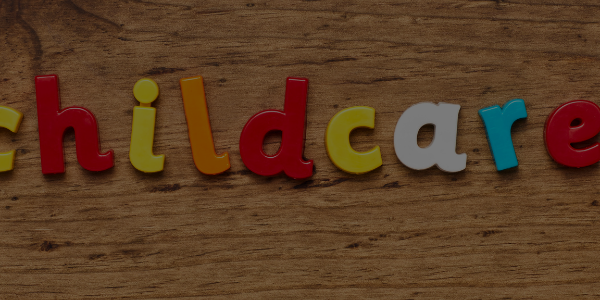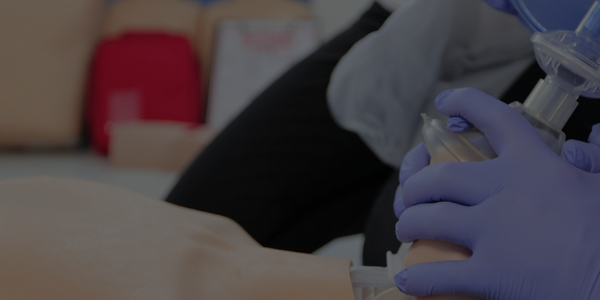Water accounts for 75 percent of our body weight. Our bodies lose water through sweat, urine and bowel movements. In order to function properly, we need to replenish the lost fluids by drinking enough water throughout the day.
What is Dehydration?
Dehydration is a condition that results when the body loses too much fluid. It usually happens as a result of vigorous activity, vomiting/diarrhea, or not drinking enough fluids. If left untreated, it can become a very serious problem.
It occurs when we aren’t able to replace the fluids that are lost or if too much fluid is lost due to sweating, vomiting or diarrhea.
When you lose more fluids than you take in — usually when you exercise or sweat — you can become dehydrated. When you’re dehydrated, your body doesn’t have enough water to carry out its normal functions.
Although dehydration can happen to anyone, children are especially susceptible because they have small bodies and are more likely to experience the conditions that cause dehydration.
About Dehydration in children is a condition in which a child loses more fluid than he or she takes in. This can happen with any illness that causes vomiting, diarrhea, fever, or an increase in urination. Dehydration is also caused by not taking in enough fluids or by losing too much fluid.
It is most common during hot summer months or while on vacation in hot climates (especially if the child has diarrhea). Dehydration can also happen when a child has a fever or is vomiting.
Although it’s important to watch for dehydration in anyone who’s sick with vomiting or diarrhea, children are at a higher risk of becoming dehydrated because they don’t have as much total body fluid as adults do. So it’s important to watch for signs of dehydration in children who are sick.
Children with mild to moderate dehydration need to drink more fluids. This may be done at home if the child is alert and able to take fluids by mouth. If you think your child may be dehydrated, call your doctor for advice about how much fluid the child should drink.
The doctor may suggest that you take the child to the emergency department if:
- The dehydration is severe
- Your child has symptoms of shock
- Your child’s health care provider thinks a hospital stay is needed
What causes dehydration in children?
Most commonly, dehydration is caused by:
- diarrhoea (loose stools/poos)
- vomiting
- fever
- less common causes include:
- a burst appendix
- excessive sweating – for example, with a fever or after strenuous exercise without drinking enough fluids
You may notice these signs that your child is dehydrated:
-
- dry mouth and tongue
- crying with no tears
- sunken eyes
- sleepiness or fatigue
- dry skin that does not “bounce back” when gently pinched and released
- irritability and/or confusion
- fewer wet diapers than usual for your baby or infrequent urination for older children
How much fluid does my child need?
The amount of fluid your child needs depends on his age and weight. In general, your child needs about 1 mL of fluid per calorie that he eats each day. For most children, this means about 1 to 2 ounces (30 to 60 mL) for every pound of body weight each day. For example, a 10-pound baby needs between 10 and 20 ounces (300 to 600 mL) of fluid each day. In addition to the regular intake of fluids, it is important to give more when your child is sick or playing outside in hot weather.
The most common cause of dehydration in children is diarrhea and vomiting. Other causes include fever, excessive sweating, inadequate fluid intake or increased urination (due to a urinary tract infection). Don’t wait until your child complains of thirst before you give them fluids to drink!
Please note that regular First Aid and CPR Training is the best way to make sure that you’re prepare in the case of an emergency. Book a course with us!
Find this article useful? Read more of our blogs here!





